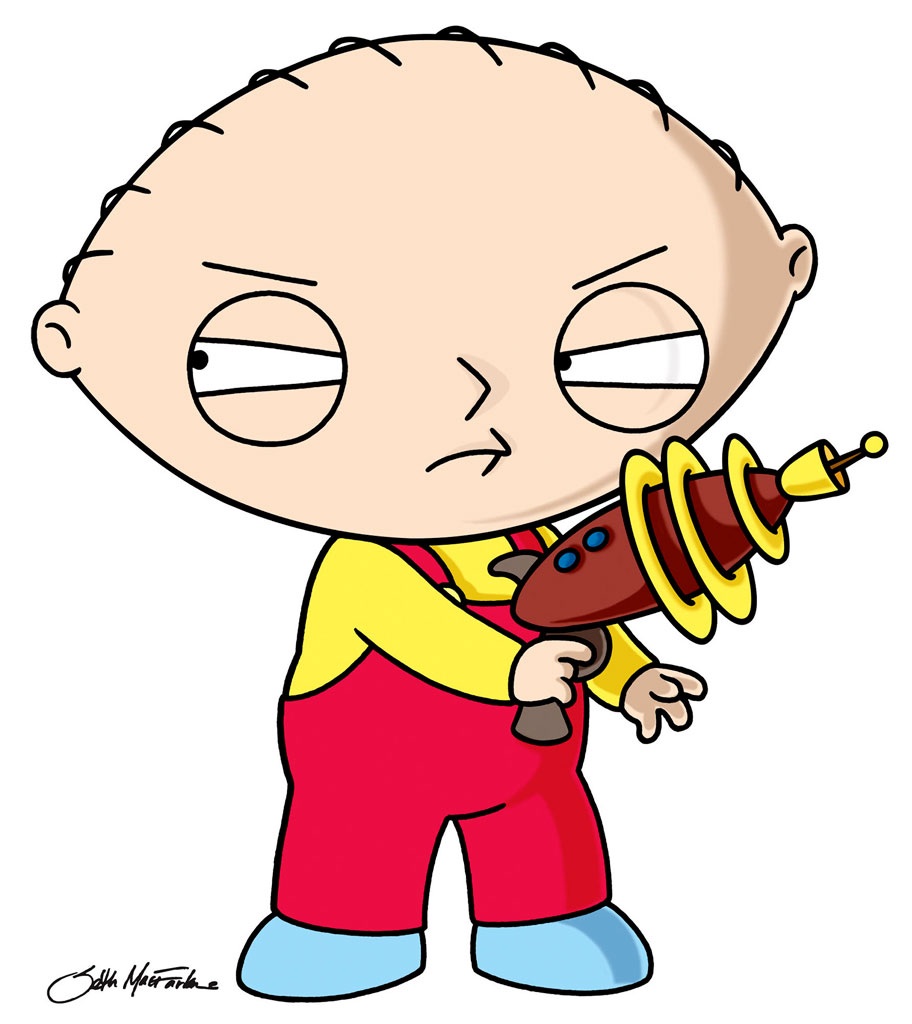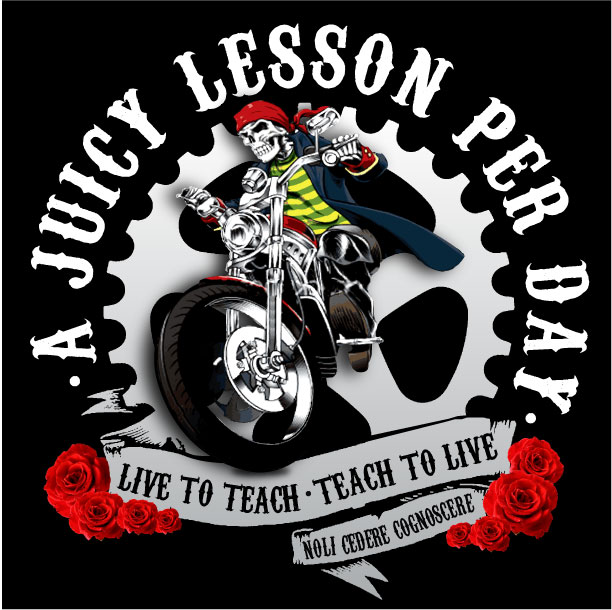B.C. court says restrictions on medical marijuana are unconstitutional
BY IAN MULGREW, VANCOUVER SUN AUGUST 14, 2014
In a 2-1 judgment, the provincial Court of Appeal said the country’s medical marijuana legislation is unconstitutional because it restricts patients to possessing only the dried plant and to consuming it via smoking.
The top bench suspended its ruling to give Ottawa a year to amend the law to allow patients access to edibles and derivatives — such as creams, salves, brownies, cakes, cookies and chocolate bars.

B.C.’s highest court has ruled that people have a constitutional right to marijuana products such as infused oils, balms and lotions and tasty pot cookies like the $10 double dose cookie (pictured above) bought from a Vancouver medical marijuana dispensary.
Photograph by: Vancouver Sun
“In my opinion, decisions concerning how one manages serious health problems go to the core of what it means to live with dignity, independence and autonomy as contemplated in (Supreme Court of Canada) cases like Morgentaler, Parker, and Adams,” wrote Judge Nicole Garson, supported by colleague Risa Levine.
“Where the state interferes with an individual’s capacity to make decisions concerning the management of those health problems by threat of criminal sanction, the state is depriving that individual of the power to make fundamental personal choices and the liberty interest is engaged.”
The majority dismissed the government’s appeal of a Victoria case in which a compassion club baker, Owen Smith, was found not guilty after being caught with 200-plus cookies, a supply of cannabis-infused cooking oils and some dried dope in his apartment.
In 2012, B.C. Supreme Court Judge Robert Johnston acquitted Smith after ruling that permitting dried cannabis alone was arbitrary and did little to further a legitimate state interest.

The justice found criminalizing a patient’s choice of smoking or eating his or her medicine was an unwarranted infringement of security of the person rights guaranteed under Section 7 of the Constitution.
“I would vary the trial judge’s order to hold that the limitation … is of no force and effect under s. 52 of the Charter to the extent that a person who has been granted an (Authorization To Possess) is permitted to possess only dried marijuana,” Garson said.
“Of course, as the Regulations rely on the ‘physician as gatekeeper’, I see no reason why an … applicant would not be required to have their physician indicate the need for edible or topical cannabis in order to secure an exemption.”
The court heard that marijuana’s active ingredients had a longer-lasting effect if they were ingested rather than inhaled, bringing greater benefit to those who used it to treat conditions such as chronic pain and glaucoma.
Smoking achieves a quicker, but less-lasting benefit.
“I’m very happy,” Smith said Thursday.
He no longer bakes for the compassion club, he added, but is working on a feature-length play about his experiences.
“I’m also blogging to keep people up to date about extracts and educating people about marijuana and the options available to patients,” Smith said.
His lawyer Kirk Tousaw maintained the decision was a great victory but raised some questions — it is unclear, he noted, whether only patients can transform dried pot into another product or whether licensed producers also had that right.
Regardless, he explained, the government is unlikely to respond very quickly because there are other constitutional challenges before the Federal Court and the B.C. Supreme Court involving the newest medical marijuana regulations, which came into effect April 1.
The outcome of that litigation will be fundamental to determining how the law is re-written, Tousaw said.
In his dissent, Judge Ed Chiasson said Smith had no right to challenge the legislation since he wasn’t a licensed medical patient or producer.
“It has nothing to do with him,” Justice Chiasson insisted.
He also offered the novel view that the regulations did not restrict patients’ access to derivatives.
“I see nothing in this language that suggests that a medical user is limited to smoking dried marijuana, which is the core position of Mr. Smith,” Justice Chiasson added.
The legislation passed muster in his opinion and he would have ordered a new trial.
imulgrew@vancouversun.com
==
Music today from Tom Petty and the Heartbreakers as they’re “Runnin’ Down a Dream”.
It’s a good thing that the B.C. court made this ruling. However, I feel that this whole argument revolving around the legalization of pot has gone on long enough. It’s time more action was taken to get medicinal marijuana and its derivatives as well as pot for recreational purposes legalized.
What stands in the way is the capitalist system which wouldn’t function as well with people walking around stoned all the time.

Why? First of all, there would be no more wars if people who made these types of decisions were smoking dope (or consuming weed and hash in other forms) and so was everyone else or any one who felt like imbibing (?). As we all know, capitalism needs a good war now and then. It’s great for the economy plus it allows countries like Canada and the United States to benefit from and enjoy the spoils of war, oil, for example. Getting stoned doesn’t make killing people an attractive proposition. It’s all about peace and love not war and fear-mongering.
Secondly, dope shows us “things” in a different perspective. To deny that the whole peace and love thing emanated from the drug culture in the Sixties and Seventies is to deny a fundamental truth. People won’t take so many things as seriously, including working, especially if it’s for someone else. Bosses don’t like that. Obviously.
Dope has had a positive effect on my creativity and on that of my fellow-indulgers. I am not stoned now and my thoughts, at least to this point and it’s barely six in the morning now, do not flow as easily from mind to pen to paper as readily as when I am. In other words, drugs like pot and hash increase creativity and we may become more creative artists, poets, writers, scientists, etc. which would be good for the progress of humanity but may not be so good as far as fitting ourselves into the pigeon-holes created for us by capitalism.

Remember that this commentary is dealing with capitalism’s need for people to be straight, less thinking out of the box, less creative.
I will be discussing capitalism’s incompatibility with dope, Mary wanna, hash, that category – speed, no coke, no pills unless prescribed by an MD – more tomorrow.
One more thing. Conservatives feel so insecure and threatened by what has been happening as far as legalization – both for medical and recreational purposes – is concerned, that the Harper government is presently in the process of recruiting medical doctors to spear-head an anti-pot campaign. What a waste of time, effort and money as J. Trudeau has smartly stated.
Peace out.


2 responses to “One-Off Saturday JuicyLesson : BC Court Clears Way For Production and Consumption of Weed Edibles … It’s Capitalism That Gets In the Way …”
A small word with big meaning:
The term ‘Dope’ should be dropped from the vocabulary of those interested in the legalization of Marijuana.
It literally means ‘illegal drug’.
If you keep referring to it as illegal, it will continue to have that subliminal effect on those who are against or fence sitting legalization.
The secondary meaning of the word certainly does nothing to help the cause either.
Thanks for your perspective, Loren. I understand and take your meaning in the context of what you are trying to do with this statement, however I do have three things to add.
First of all, before I saw it in print from you, I had no idea that dope means “illegal drug”. Without delving into whose definition that is, let’s say that hardly anyone is aware that the meaning you ascribe to the word actually exists. What people don’t know won’t hurt them.
Wikipedia defines dope as illicit which doesn’t exactly mean illegal but yours is a point well taken here. One for you.
Second, it’s funny that you bring this up now because while I was composing the comment I actually entertained the notion of changing the word “dope” to something else less harsh, to soften it up, as it were.
It was actually a conscious decision of on my part to use the word “dope” the same way the word “freak” was and is used today. To change the concept in terms of how the word is perceived is the idea here. While I was being called a “fucking freak” by a Madison Square Garden fool, it didn’t feel that good right then, but thinking back on it now, I find it amusing.
For in his world, I am a freak; but who the fuck wants to be in that guy’s world anyway? When it comes right down to it, I should feel honoured to be perceived as a “freak” by idiots like that.
One to one is the score and since my third point is inviolable and unarguable because, quite simply my dear boy, you weren’t around – although I guess you could go around asking people of a certain age what they called “dope” growing up but don’t waste your time – I win. Two to one. Don’t argue.
We grew up calling it grass, hash and dope. The term “weed” is relatively new to the vernacular of the sixty-something’s, fifty-something’s, and seventy-somethings.
Full Disclosure: Loren was a student at Bialik and was lucky enough to have me as a teacher. Three times. Every year from sec 3 up. Quel horreur.